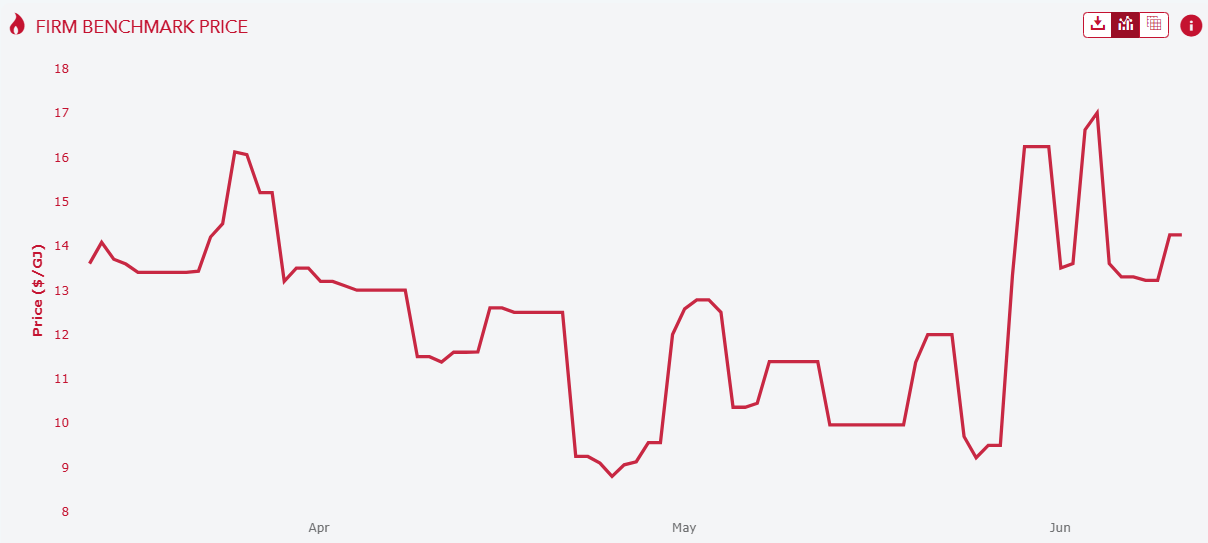News.com.au reports that Victoria has relaxed its gas phase-out plan, allowing owner-occupiers to continue using gas heaters and reaffirming that businesses can keep gas running in existing commercial buildings:
The state will still push ahead with reforms that will make all new homes and most new commercial buildings electric only from 2027.
Premier Jacinta Allan said the updated plan will help households save on energy bills, protect local jobs and secure gas supplies for industries that still rely on it.
Forcing households to pay godawful prices to convert to coal energy from gas was pretty bloody stupid from the outset.
It was never much more than a Grattan Institute fig leaf to cover up the same Institute’s corrupt advice that promotes the gas cartel at every turn, given that it is sponsored by it.
Perhaps now, Victoria can stop plumping for LNG imports. Today’s about-face also includes a little bit of state gas reservation.
It should/could go all-in on this and cut supplies to the north to force a national crisis that brings QLD to the table over a reservation scheme.
We already have the model, thanks to Peter Dutton. IEEFA has embraced it too:
Domestic gas prices are also closely linked to global energy prices. Australia is one of the world’s largest exporters of LNG, with about 80% of Australia’s gas production going to exports. The magnitude of exports compared to the domestic market has linked eastern Australia’s gas prices to international prices, as observed by the Australian Competition and Consumer Commission (ACCC). Since the start of LNG production in Queensland ten years ago, domestic gas prices tripled. Prices even quadrupled for a short period after the invasion of Ukraine.
Global energy price spikes are also impacting electricity prices. Wholesale electricity prices in the National Electricity Market (NEM) are closely correlated with gas prices, so when gas prices increase, electricity prices have historically increased as well. This was seen prominently in 2022, when rising gas and coal prices, combined with outages at domestic coal power plants, led to a quadrupling in wholesale electricity prices.
Australia can take to reduce the influence of international energy prices on its economy is to provide greater incentives to prioritise the domestic gas market over LNG spot sales.
Higher international LNG prices create strong financial incentives for pursuing sales on the spot market, which can exacerbate domestic gas market tightness. For example in 2021 and 2022, when LNG prices rose, Queensland became a net importer of gas from the southern states, when it usually is a net exporter.
IEEFA has also found that diverting a small volume of spot LNG sales to the domestic market could alleviate forecast gas shortages, much faster than by increasing gas supply.
An export tax on spot sales of LNG could alleviate those issues, by providing an incentive to supply the domestic market instead of selling on the international spot market, and also by decoupling domestic gas prices from international prices.
In these turbulent times, it is time for Australia to look more seriously at how it can improve its energy security and better insulate itself from global energy shocks. Many solutions exist to those issues, which can also provide multiple economic benefits for Australia by lowering energy costs for households and businesses.
That’s the Dutton model. Use export levies to guarantee a local oversupply of gas.
Alas, Albo’s idiots appear as corrupt as the Grattan Institute and have already eschewed the obvious. And so we are still stuck with his ridiculous gas price floor above $12Gj.

Moreover, the need for LNG imports will drive gas and electricity prices to double that of a QLD gas supply regime.

Whatever Grattan says about energy, do the exact opposite.

